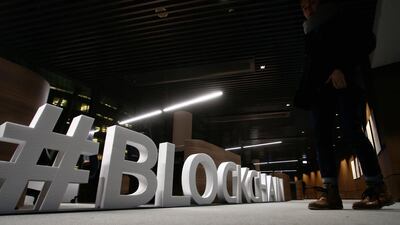Two of the top 10 grocers in the world by revenue will start using blockchain by 2025, a study has found, because the technology helps improve food safety for some of the biggest retailers.
“As grocers are being held to higher standards of visibility and traceability, they will lead the way with the development of blockchain,” said Joanne Joliet, senior research director at Gartner.
Grocery stores see potential in using blockchain because it allows decentralised auditing of goods, transparent supply chains, cost-cuts by eliminating many third-party service providers and the ability to track shipment of any particular item within seconds, all the way back to the original producer, according to Gartner.
After public health scares in the US last year over E coli outbreaks in romaine lettuce and salmonella in a number of products from eggs to breakfast cereal, Walmart asked suppliers of leafy greens to use blockchain to trace their produce to the farms where they were planted.
Walmart and Sam's Club, the world's biggest retailer, is working with IBM to implement blockchain throughout its supply chain. According to its website, the grocer plans to have the technology fully implemented for greens farmers by September this year.
Other global consumer food companies, such as Unilever and Nestle, are also using blockchain to trace food contamination, Gartner said.
Blockchain is a digital chain of transactions that are linked with each other using cryptography - a mechanism for secure communications - on an open ledger. The database is a real-time library of records that are difficult to tamper with since each change creates a new record.
Encrypted information about the food source, quality, transit temperature and freshness can ensure the data is accurate, said Gartner.
“Blockchain can help deliver confidence to customers and build and retain trust and loyalty,” said Ms Joliet, adding that grocers also have the opportunity to be part of blockchain's advancement as they develop new use cases for important causes for health, safety and sustainability.


